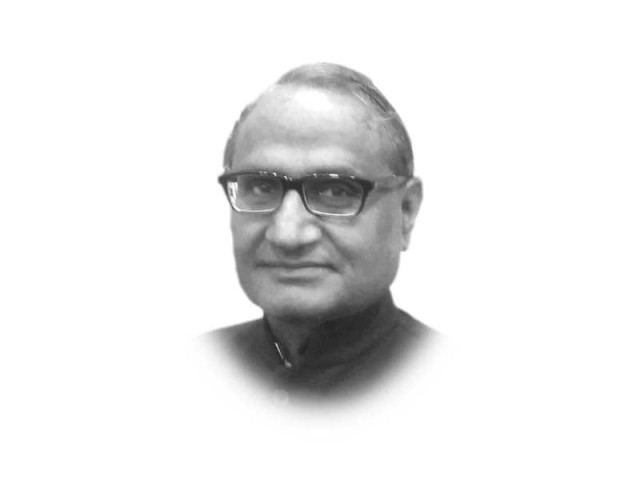Reforming FATA
It seems that the people of Fata figure nowhere

pervez.tahir@tribune.com.pk
The report of the latest committee suffers from the same exceptionalism and evolutionism. Using new terms for old, like riwaj for FCR, and by throwing up all kinds of options for future political status, it once again skirts the fringes of the issue. The hidden assumption here is that unless the tribesmen cease to be tribesman, not much can be done for their economic welfare and political development. The same is not said for the Punjabis or Sindhis, although half of their population i.e., women, also suffers from the machinations of their respective versions of riwaj.
It seems that the people of Fata figure nowhere. How they organise their economic and social life should be for them to decide. The role of the federal government is to provide them a framework to do that. And the framework must not be any different from the rest of the country. It should avoid the future tense and muster the political will to immediately amend the Constitution to declare Fata as a province like any other. There will thus be no need for any other reform, as the Constitution fully lays down the rights and the responsibilities of a province. The legislative powers and the process, the administrative arrangements, the fiscal powers and formula-based share in the federal divisible pool of resources are laid down in their minute details in the relevant chapters of the Constitution. The federal government has the right to appoint a governor, who can be given some special powers in the interim to oversee the process of becoming a full-bodied province. Let the Elections Commission hold elections and let the elected assembly form a government to take charge of the affairs of the new province. Let this assembly decide the name of the province, the seat of the provincial government and the administrative nomenclature. It should be the prerogative of this assembly to seek mutually beneficial arrangements with the adjoining provinces.
Idealistic? When Balochistan was belatedly recognised as a province, there were many problems. A good number are still there. Quite a few are federally created. These too will be resolved as democracy takes roots. The new province for the tribal people will have similar problems. But that is no argument to deny them their democratic rights.
Published in The Express Tribune, September 9th, 2016.
Like Opinion & Editorial on Facebook, follow @ETOpEd on Twitter to receive all updates on all our daily pieces.















COMMENTS
Comments are moderated and generally will be posted if they are on-topic and not abusive.
For more information, please see our Comments FAQ